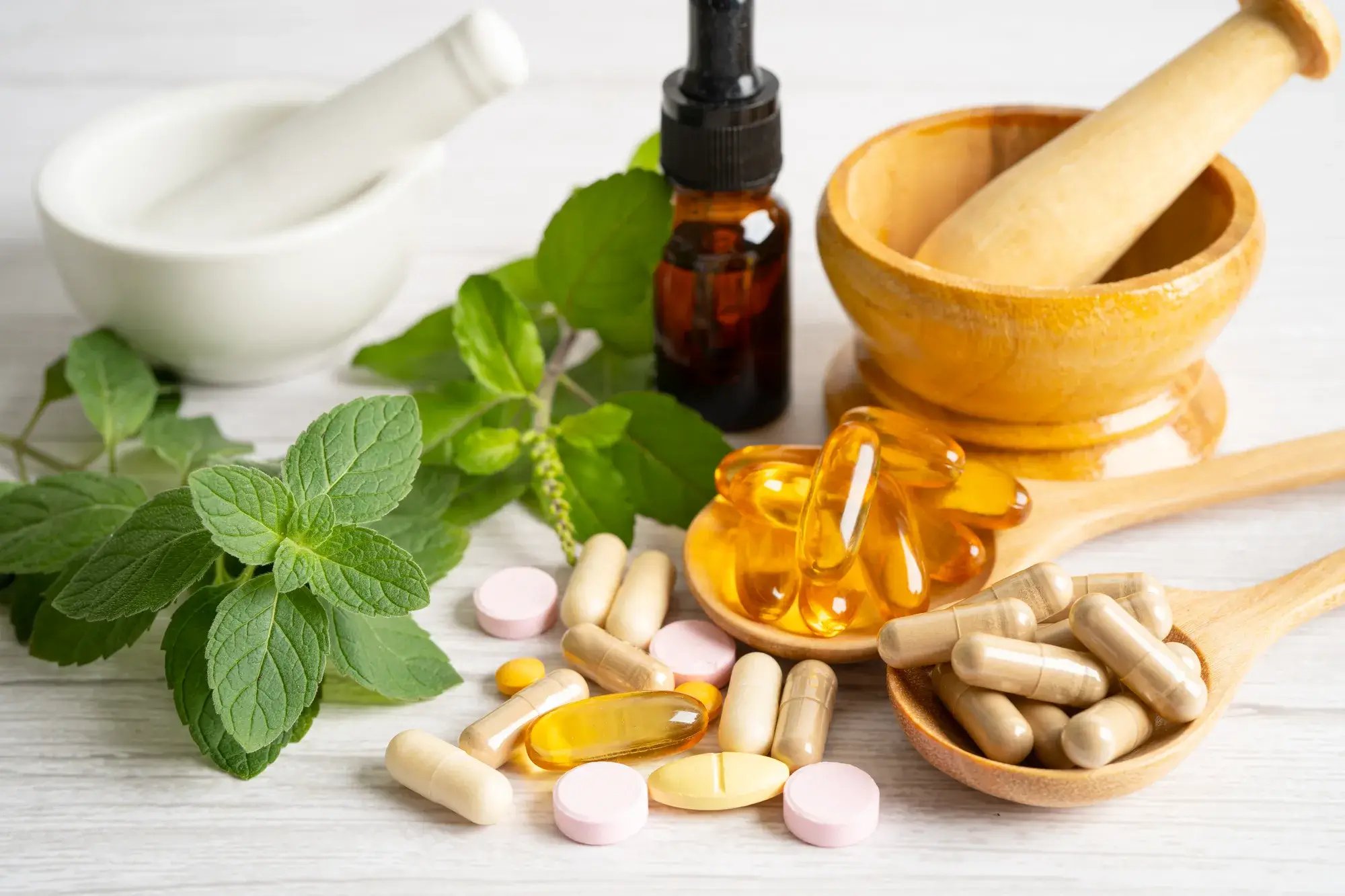Understanding supplements, vitamins, and herbs
Understand the role of vitamins, herbs, and supplements when you have chronic kidney disease (CKD). Find out their pros and cons and why it’s important to talk to your doctor.

Taking supplements like vitamins and herbs can be helpful for people who need to add certain nutrients to their diet. However, it’s important to talk to your care team before taking supplements because they can be unsafe if you have chronic kidney disease (CKD).
Types of supplements
- Vitamin supplements: pills, liquids, or powders that contain vitamins or minerals to add to your diet. Vitamins are different from medications, which are used to treat or cure diseases.
- Herbal supplements: products made from plants that may be taken to improve your health. They may come in various forms, such as tablets, capsules, powders, teas, extracts, or fresh or dried plants.
Approval for supplements
Any prescription medications you take need to be approved by the Food and Drug Administration (FDA). The FDA does not have to approve supplements before they are sold to the public. This is why it’s important to check with your care team before taking any supplements.
Supplements and your health
Supplements can harm your kidneys, change how your medications work, and cause unwanted side effects. This can be dangerous if you are taking transplant medications or blood thinners. For example:
- St. John's Wort, echinacea, ginkgo, and ginseng can affect your prescription medications.
- Licorice root can raise your blood pressure.
- Dandelion, milkweed, stinging nettle (leaf), and Siberian ginseng can increase your potassium levels.
Protein supplements
Protein supplements for weight loss, body building, or “energy boosts” should be avoided if you have CKD. High-protein diets can add to CKD progression.
Your healthcare team will make sure you are meeting your protein needs and make recommendations if they feel you need to add supplements.
We are here to help
Be sure to always check with your care team before taking herbs or supplements and reach out if you have questions.
This serves only as a guide. Talk with your healthcare provider for more information based on your health needs.